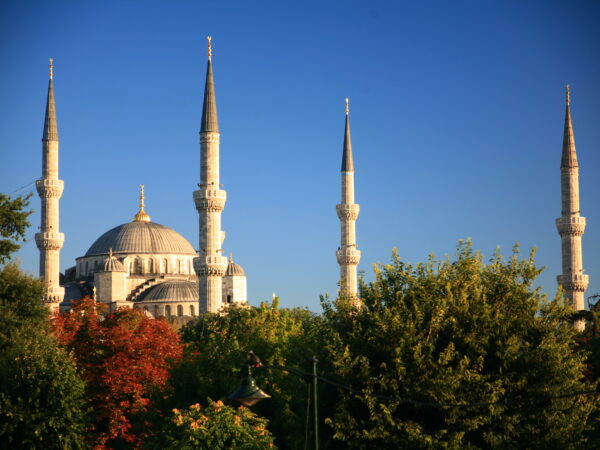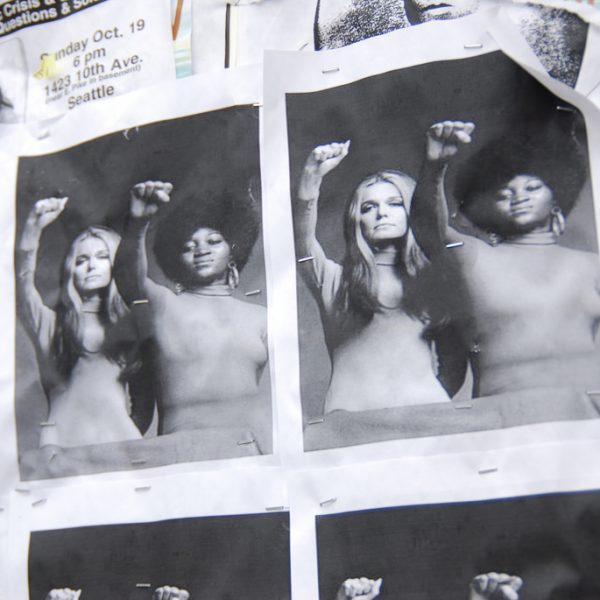
This intervention invites readers to consider Largier’s interdisciplinary approach on figuration and theistic immanence, particularly in the light of Foucault’s reflection on Subject and Power and his large influence on Anthropological and Social Sciences studies of power and the willful subject. Napolitano examines mystics and negative theology’s thread of “the ground” in Largier’s work, likening its affective intensity and dynamic of figuration to an otherwise imagination of the political, and its forms of violence.

…dialogues between these two disciplines have revolved around anthropology’s socially situated “is” and theology’s normative “ought,” asking how these disciplines can take what they are allegedly missing from each other. In this way, anthropology and theology recapitulate a much broader divide between religion (as a moral realm) and science (as a purely descriptive domain). This division is fairly recent, growing up since the late nineteenth century (Numbers 2010), but it is now part of our common-sense. I want to question this division in what follows.

The best place to begin in bringing theology and anthropology closer together is with someone who did not write as if the two were separate, even opposed disciplines. Zora Neale Hurston carried out ethnographic fieldwork on behalf of Franz Boas, and yet, writing in multiple genres, articulated a theological vision that meshed the universal God with particular human experience: “Nothing that God ever made is the same thing to more than one person.”

A common denominator among most scholarship on the relationship between theology and anthropology is lack of specificity around which and whose anthropology and theology we’re talking about. This overly generalized frame has privileged white, male, Eurocentric intellectual traditions and misses the generative possibilities of a more specific interdisciplinary exchange.

Combinations of theology and anthropology have been criticized for losing track of what theology ought to be about. Yet this loss might be precisely what enables scholars to understand political practices which point towards that which escapes both the theological and the anthropological grasp—a pointer which could be crucial to fashion solidarities that connect faiths in the pursuit of justice.

This article explains how insights from recent research in cognitive science can be used to rethink the related phenomena of traditional Islamic ethics and modern Islamist socio-political movements.

Why has political theology been so resistant to addressing questions of sex, gender, and sexuality in any serious way? Are there any intersections between queer feminist criticism and political theology, and what would it look like if the two methods were brought together?

